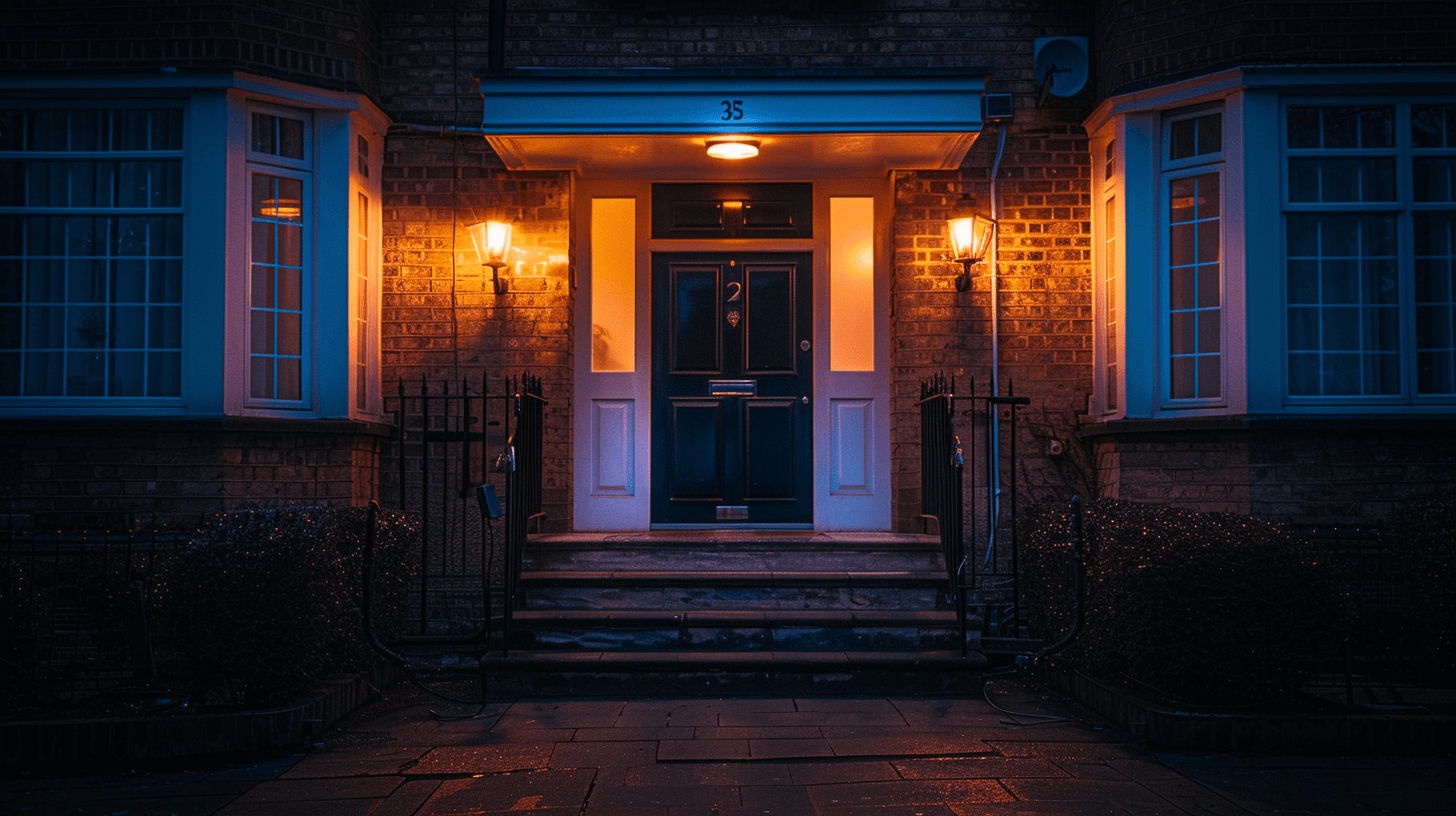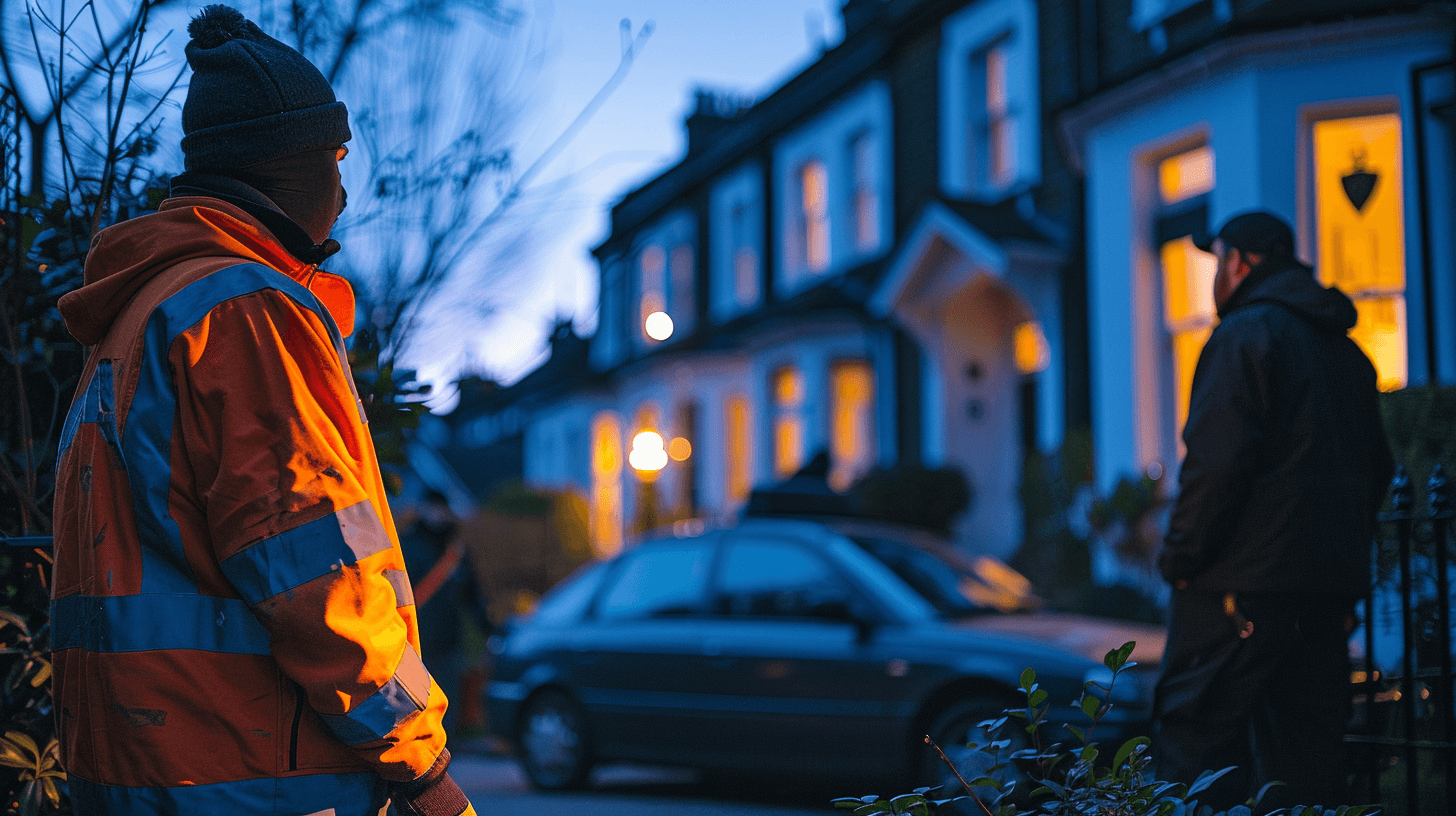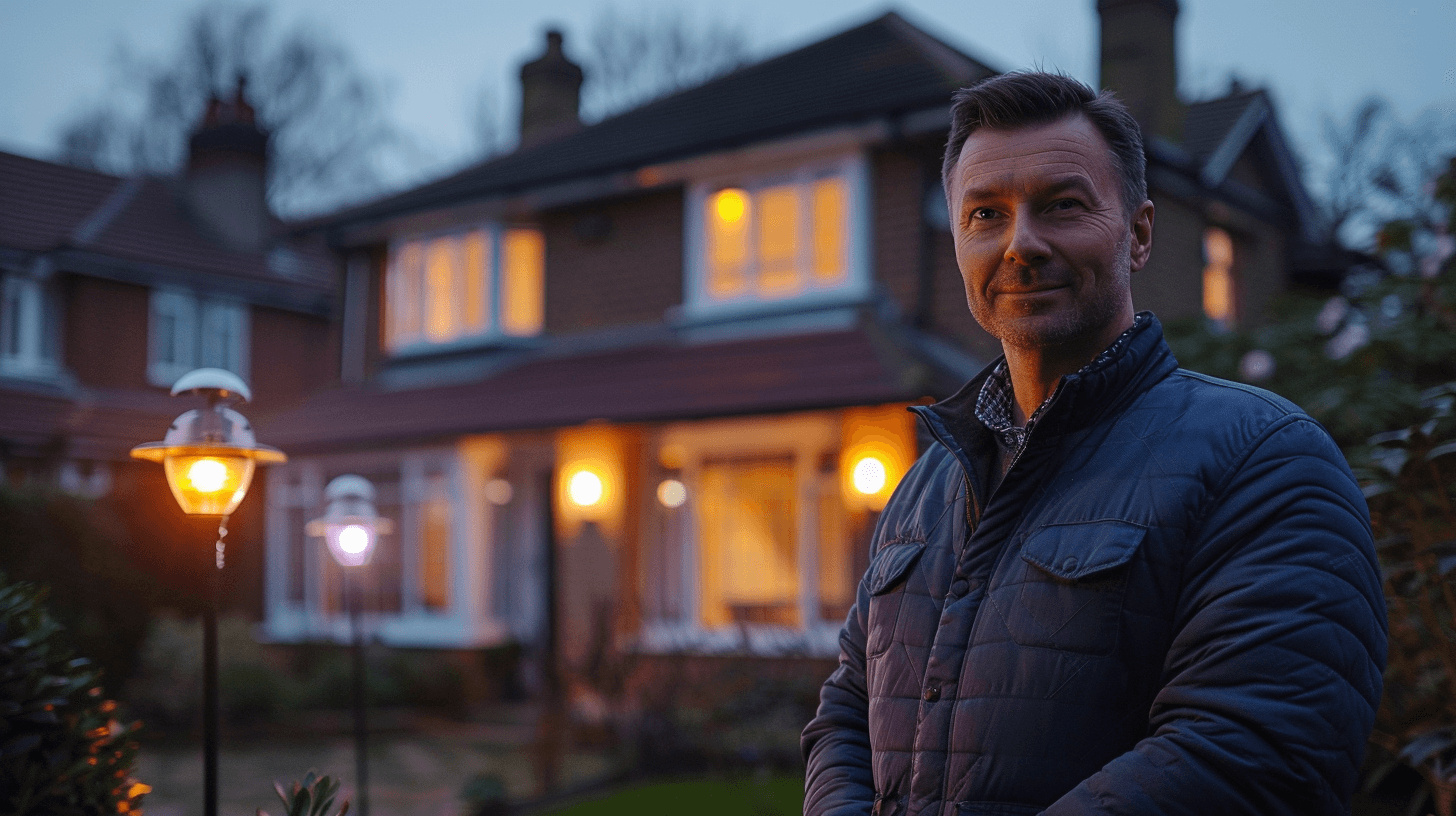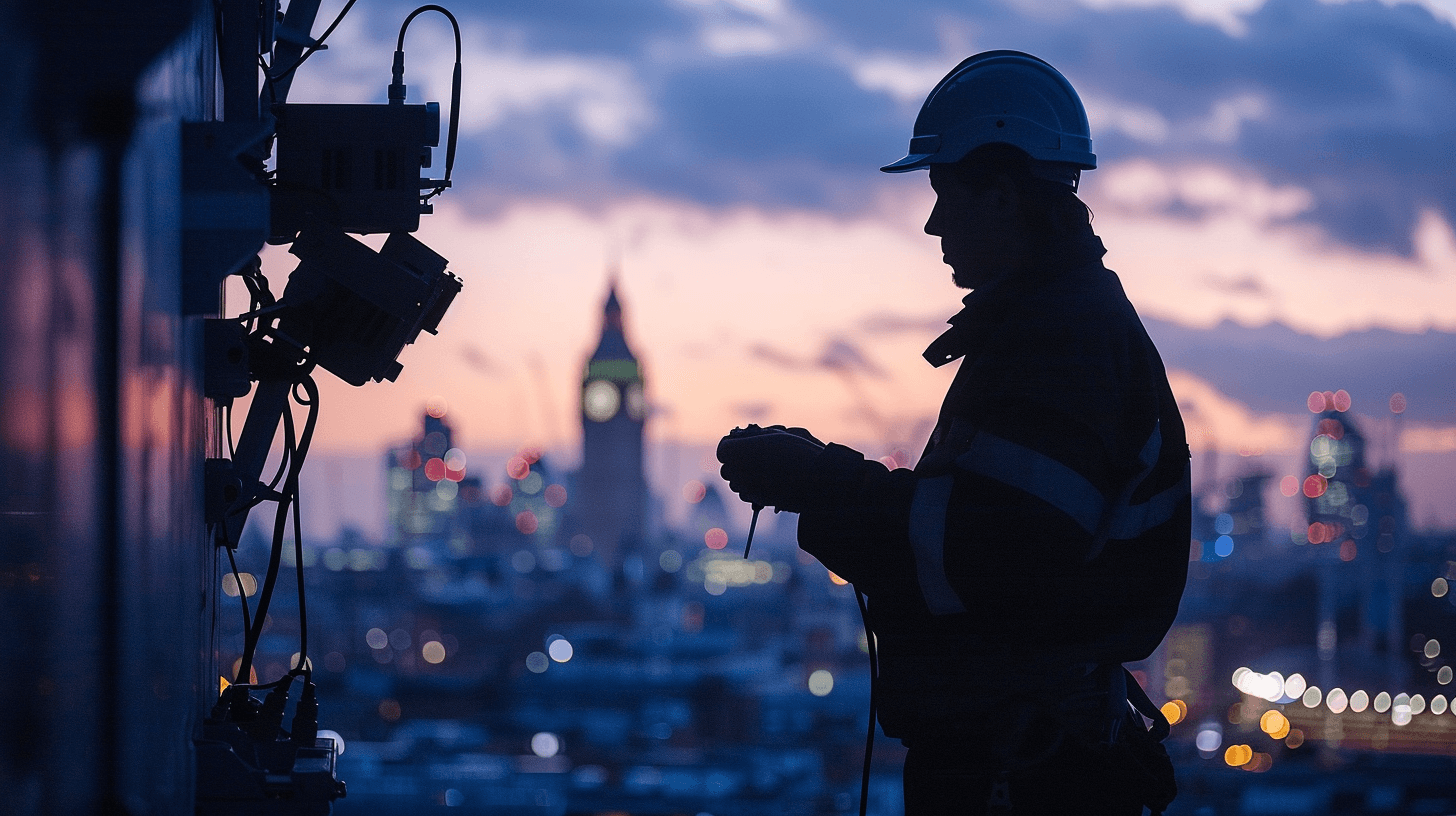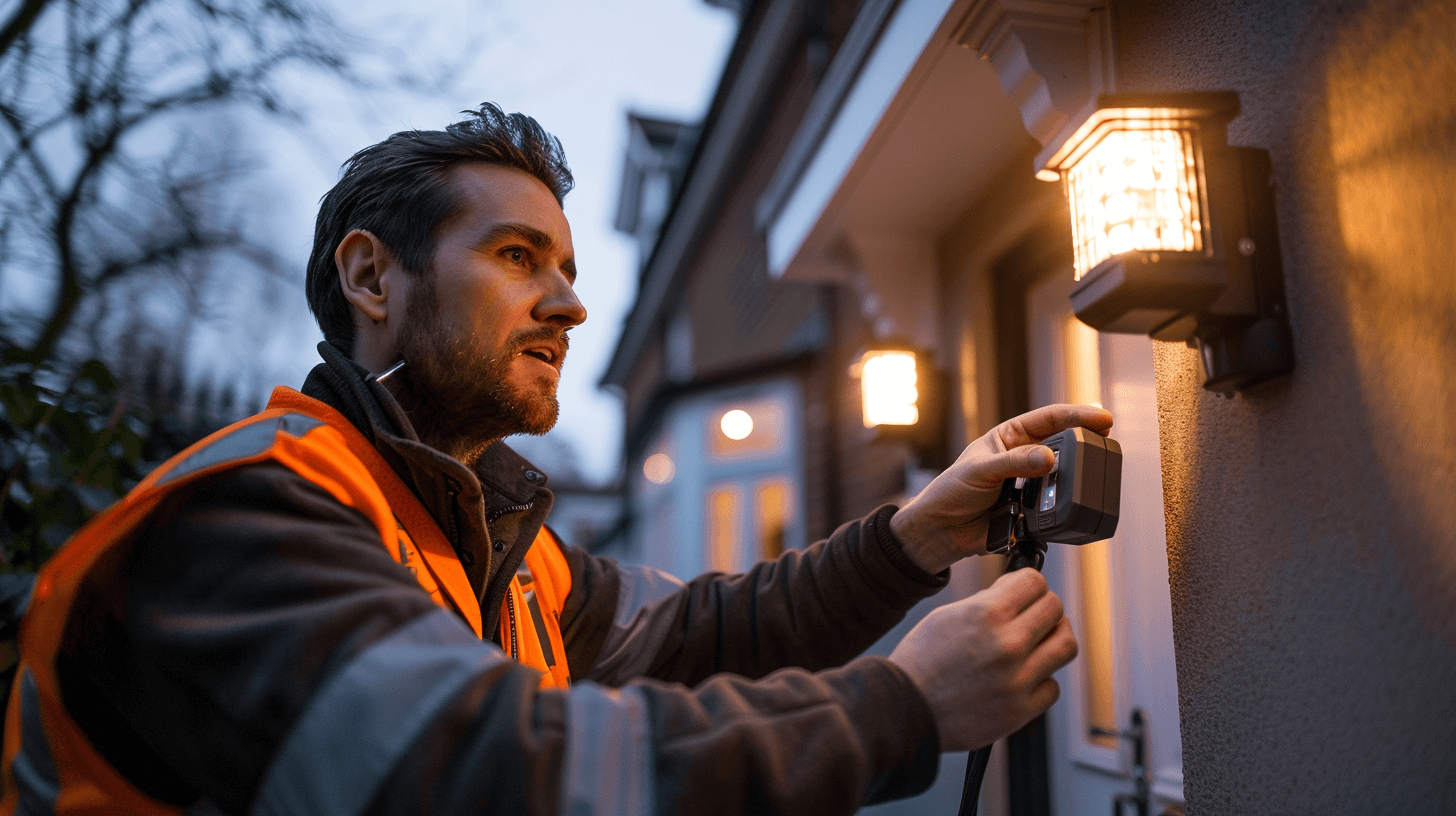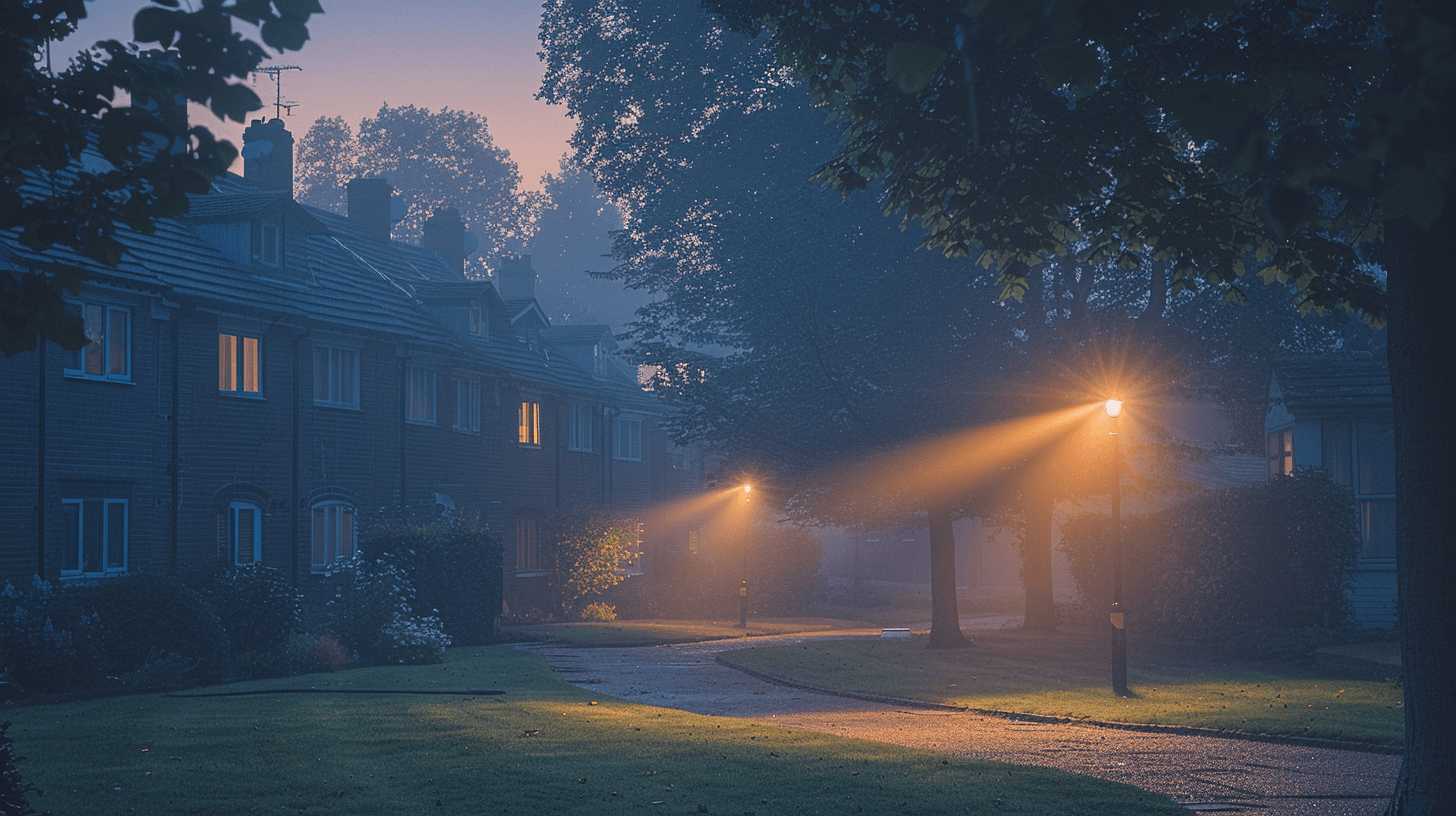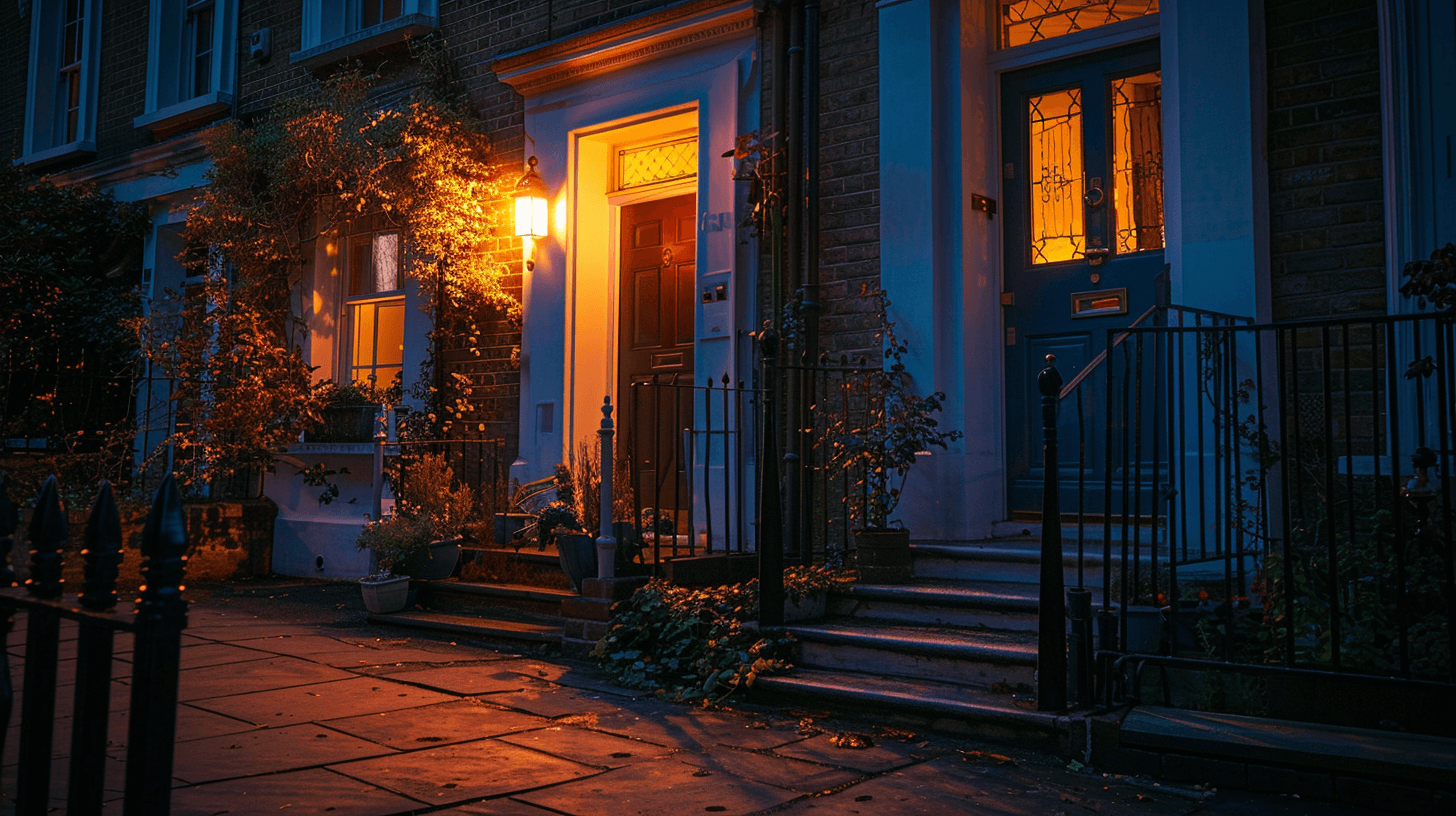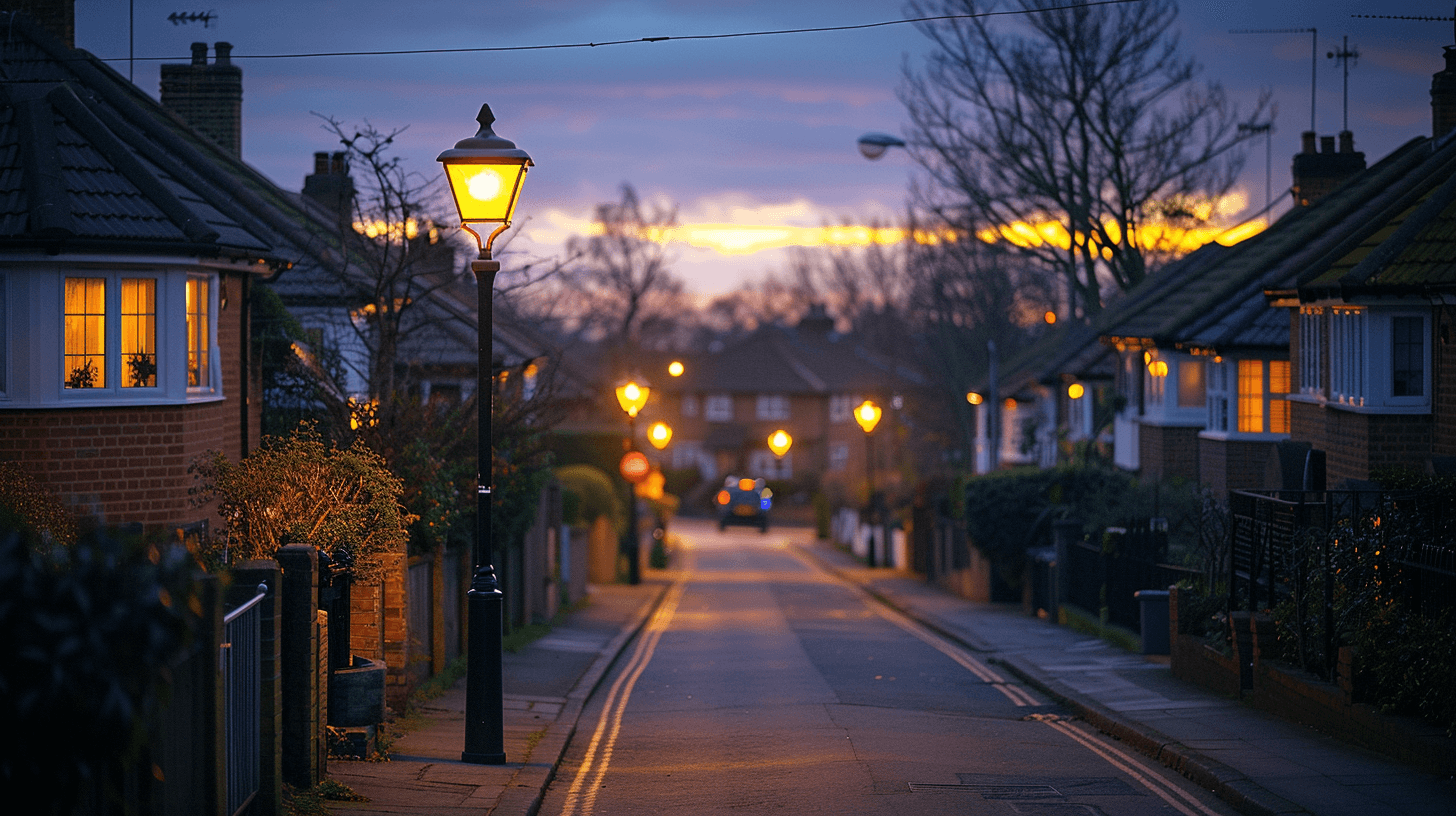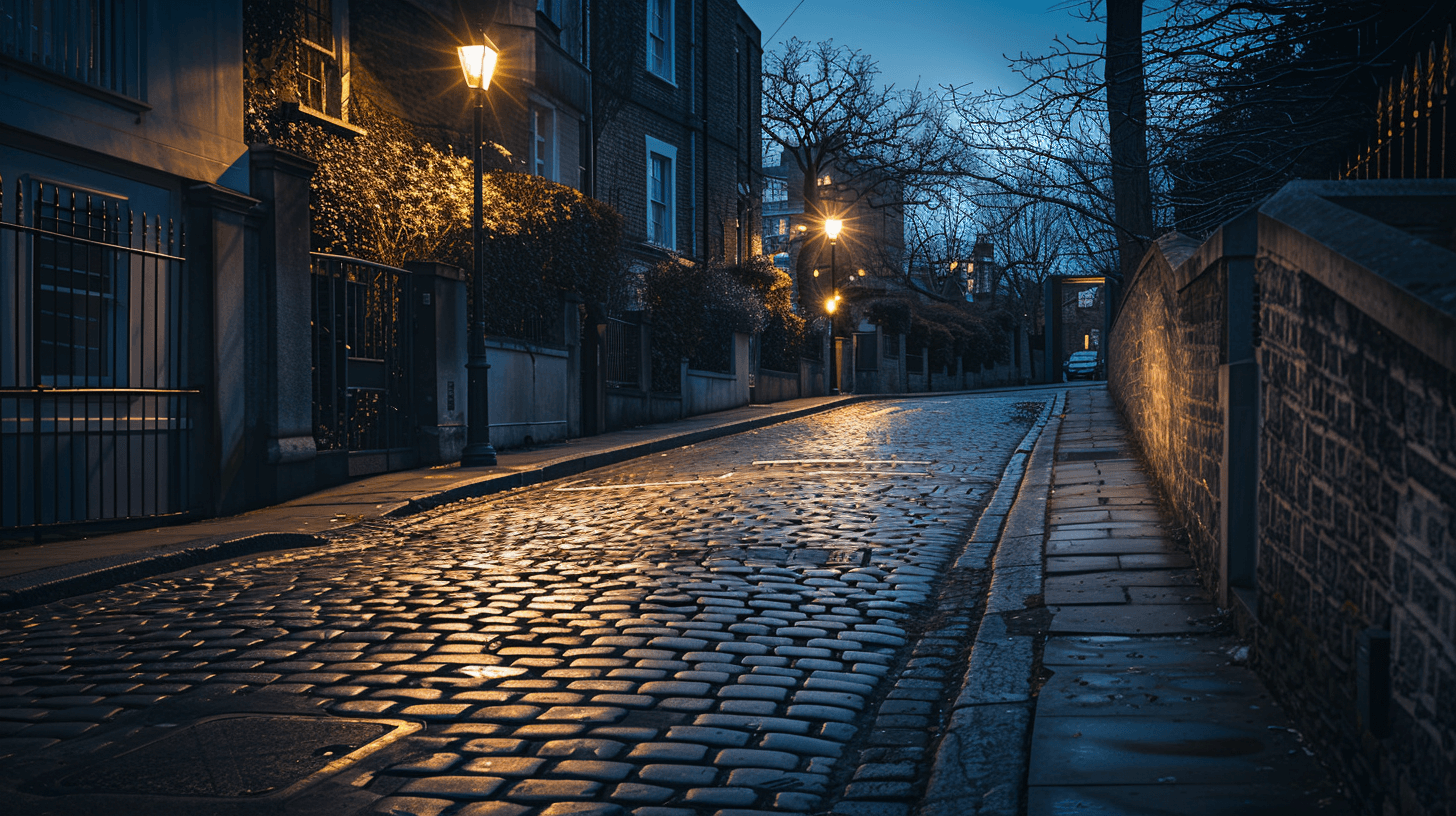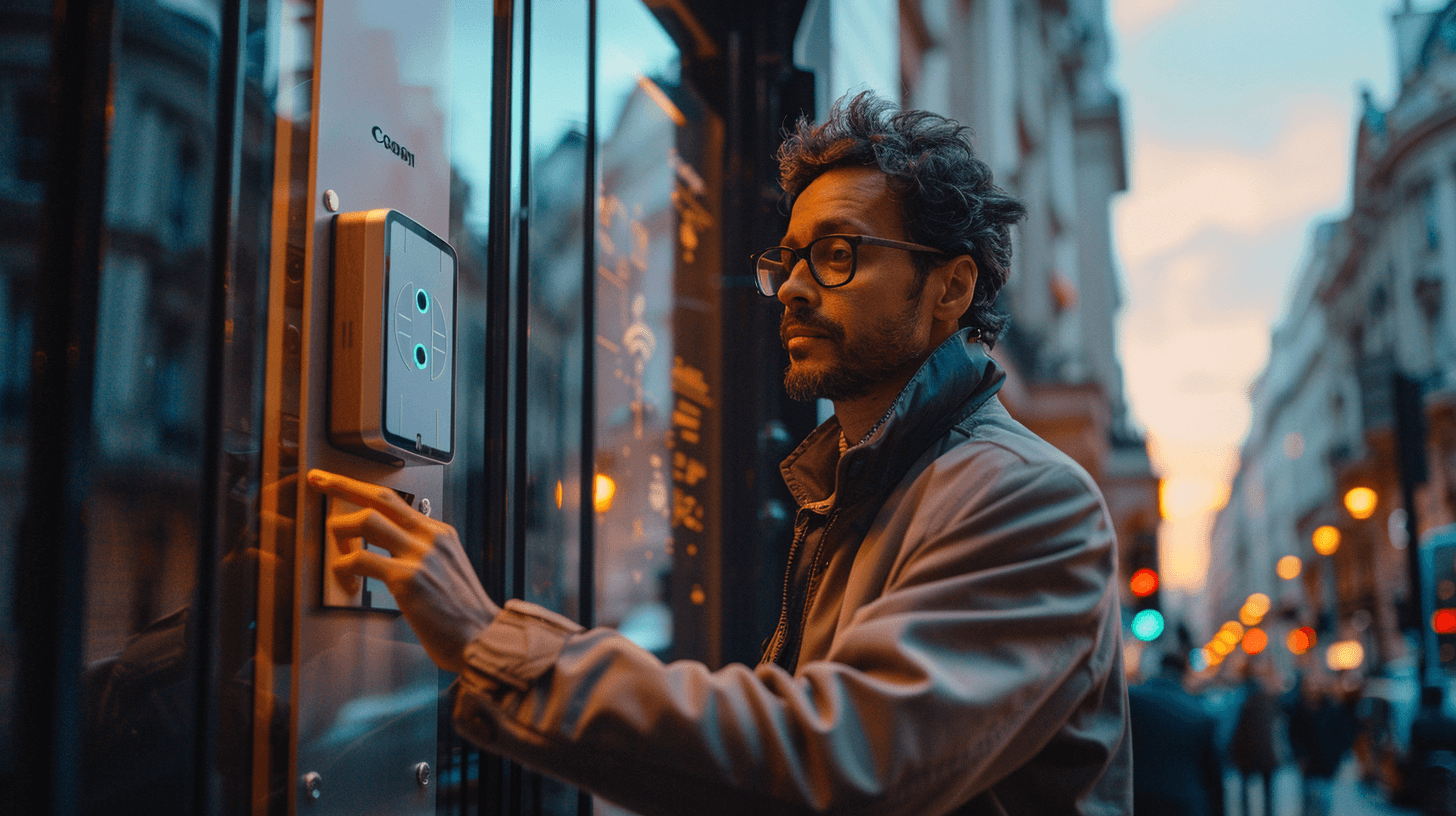Benefits of Installing Security Lighting
- Deterrence of Burglars: Strategically placed lights act as a psychological barrier to burglars, who prefer to operate under the cover of darkness.
- Enhanced Safety: Illuminated pathways and entrances minimise the risk of accidents for occupants and visitors during nighttime.
- Increased Surveillance Effectiveness: Security lighting complements other security measures, such as CCTV, by providing better visibility for monitoring and recording.
Impact on Perceived Security
The installation of security lighting can significantly alter the perceived security of a property. It sends a clear message to potential intruders that the property is well-guarded and cared for, which can be a powerful deterrent in itself. For residents and visitors, the presence of security lighting can provide peace of mind, knowing that the property takes safety seriously.
Exploring Security Lighting Systems
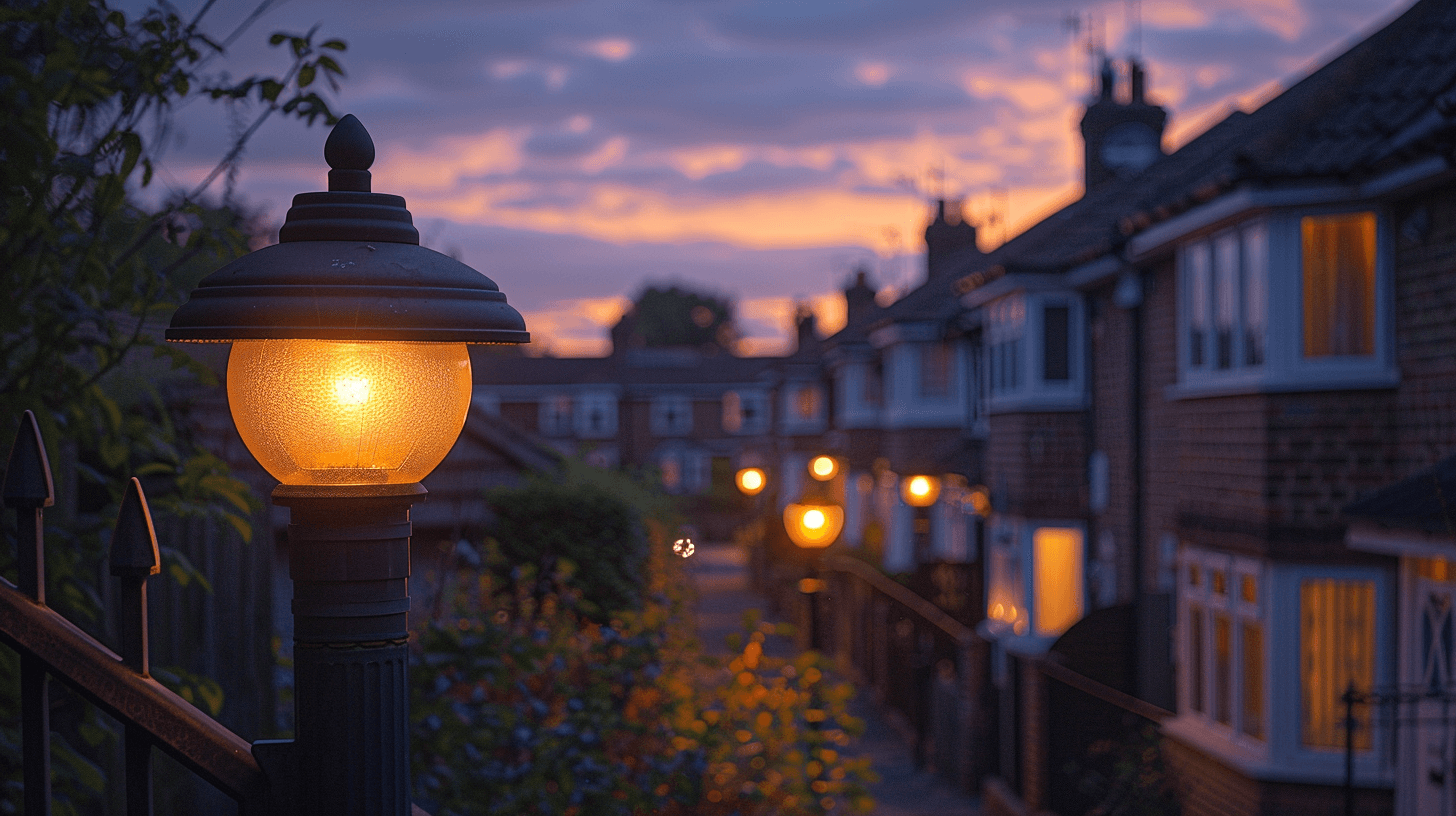
When considering security lighting for your property, understanding the differences between system types is crucial for making an informed decision. Manual lighting systems require physical operation, offering basic control but lacking the responsiveness of more advanced options. In contrast, sensor-based lighting systems activate automatically when motion is detected, providing a dynamic deterrent against unauthorised entry.
LED vs. Halogen vs. Smart Lighting
LED (Light Emitting Diode) lights are known for their energy efficiency and long lifespan, making them a cost-effective choice for security lighting. Halogen lights, while brighter, consume more energy and have a shorter lifespan. Smart lighting systems offer the most advanced features, including remote control, customization, and integration with home automation systems, enhancing both security and convenience.
Tailoring Lighting to Property Size
For smaller properties, a combination of LED and motion-activated lights may suffice to illuminate entry points and deter intruders. Larger properties benefit from a strategic mix of lighting types, including smart lights that can be programmed to simulate occupancy and cover extensive areas effectively.
Advantages of Smart Technology Integration
Integrating smart technology into your security lighting system allows for real-time alerts, remote access, and the ability to adjust settings from anywhere. This level of control not only bolsters security but also offers peace of mind, knowing that your property is well-protected even when you’re away.
Optimal Placement of Security Lighting
Deterrence Through Strategic Light Positioning
To maximise the deterrent effect against potential intruders, security lights should be strategically placed at all potential entry points, including doors, windows, and gates. The objective is to eliminate dark spots where burglars could hide and to create a visible barrier that signals a well-secured property.
Psychological Impact on Burglars
The placement of security lighting can significantly influence the psychological deterrent to burglars. Bright, well-placed lights suggest an active and alert presence, increasing the perceived risk of detection and apprehension for would-be intruders.
Neighbourly Compliance and Consideration
When installing security lighting, it is important to consider the impact on neighbours. Lights should be directed away from neighbouring properties to avoid light pollution and intrusion. Using fixtures with appropriate shielding can help focus the light on your property and maintain good relations with those around you.
Complementing Other Security Systems
For an integrated security approach, lighting should complement other measures such as CCTV and alarms. Lights can be positioned to illuminate areas covered by cameras, while motion-activated lighting can work in tandem with alarm systems to alert homeowners of any suspicious activity.
Weighing the Options: DIY vs. Professional Security Lighting Installation
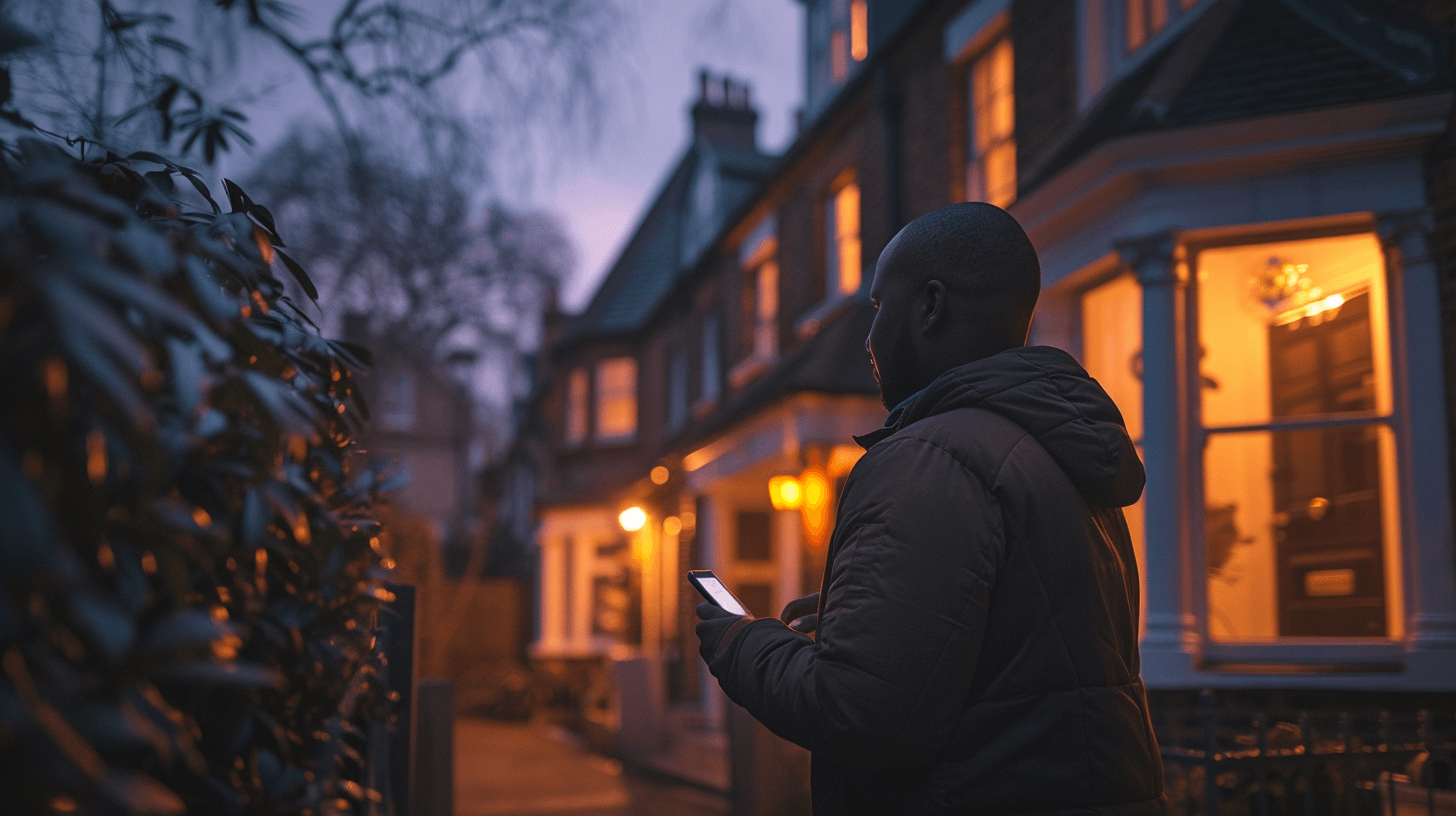
DIY Installation: Risks and Benefits
DIY installation of security lighting can be cost-effective and offers a sense of personal accomplishment. However, it carries risks such as improper installation, potential electrical hazards, and the possibility of voiding product warranties. Additionally, DIY may not meet the stringent legal standards required for electrical installations.
The Imperative of Professional Installation
Professional electricians should be engaged when the installation requires complex wiring, adherence to building codes, or when the property owner lacks the necessary expertise. Professionals ensure that the installation is safe, reliable, and compliant with all current regulations, including the Environmental Protection Act 1990 and local building codes.
Compliance with Legal Standards
A professional installation guarantees that the security lighting system adheres to legal standards, reducing liability and ensuring the safety of the property. Electricians are versed in the necessary permits and can navigate the intricacies of regulatory compliance.
Role of “All Service 4U”
“All Service 4U” provides access to qualified electricians who are adept at installing a range of security lighting systems. Their expertise ensures that installations are tailored to the property’s needs while maintaining aesthetic integrity and maximising the system’s deterrent effect.

